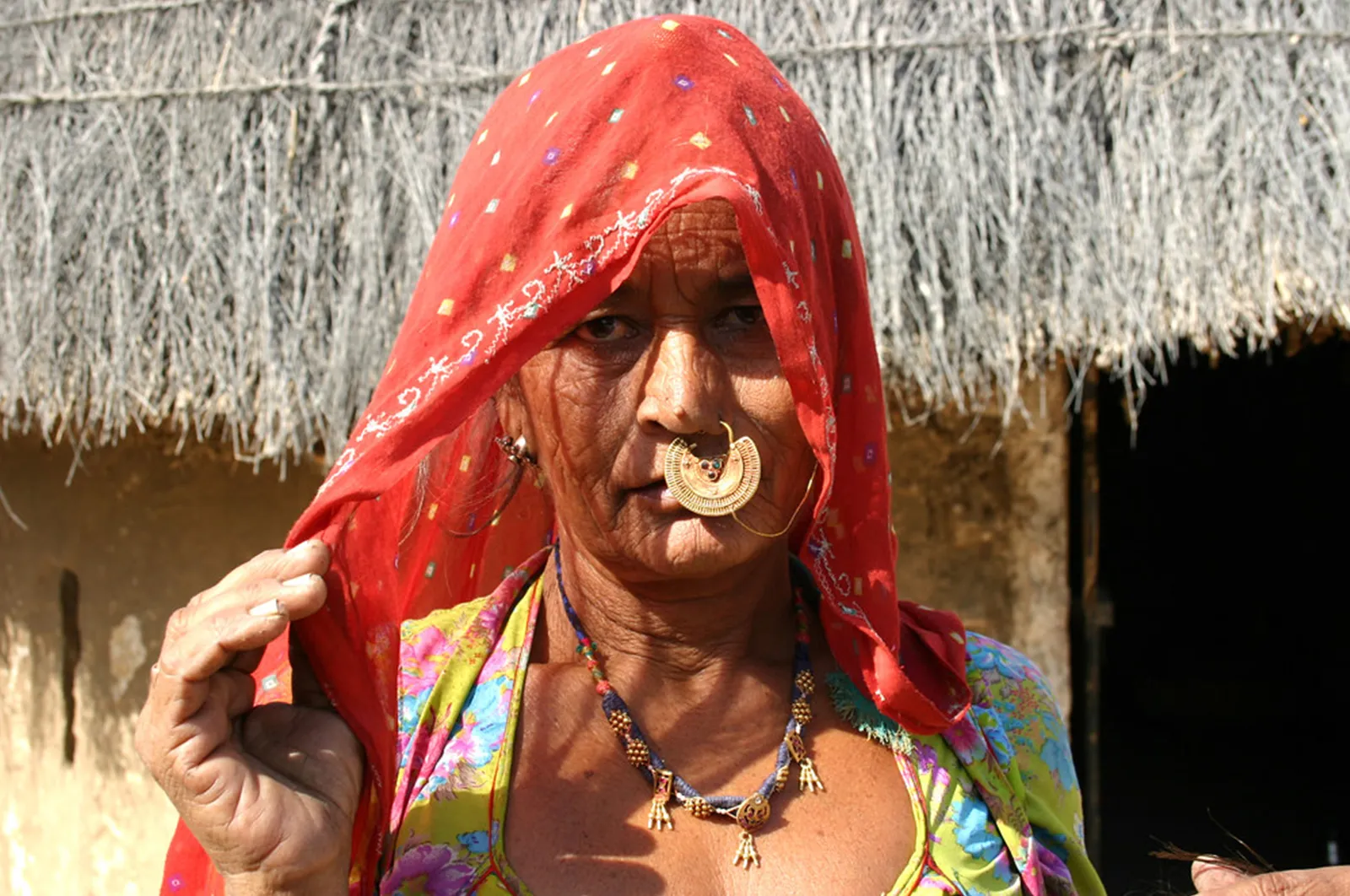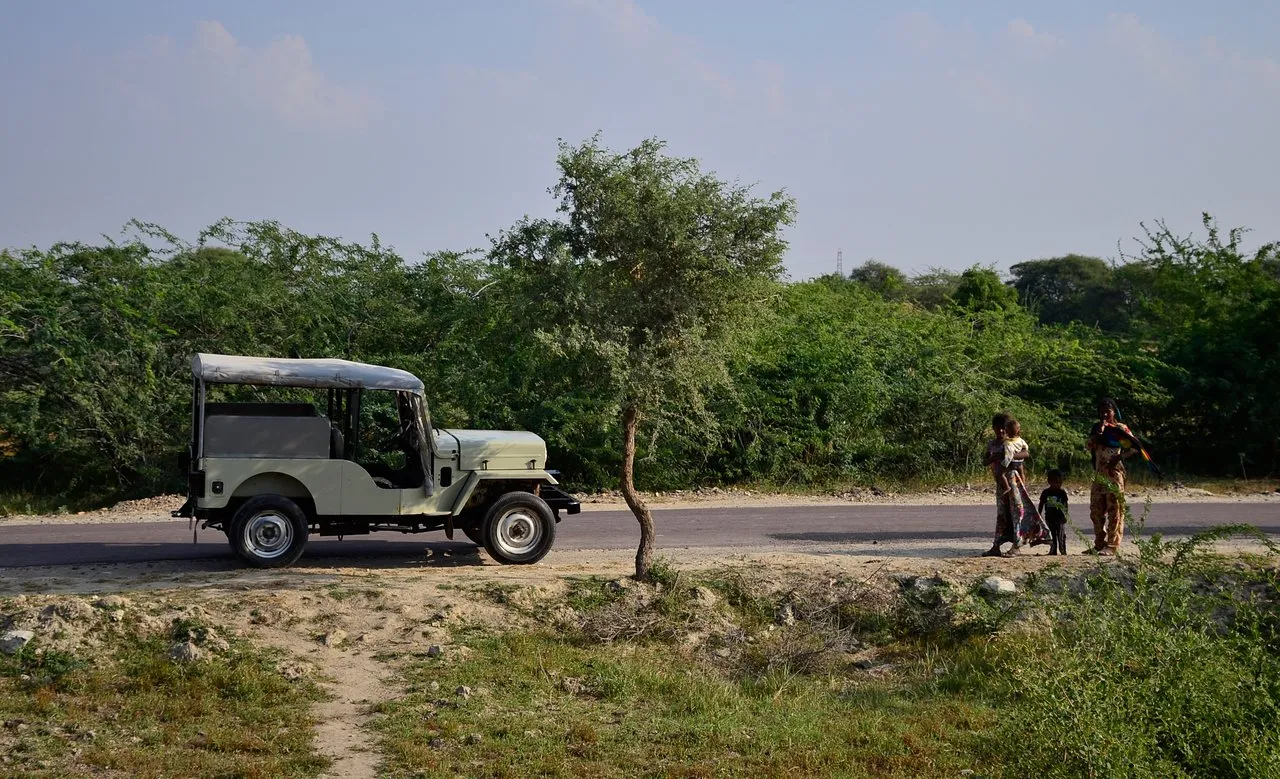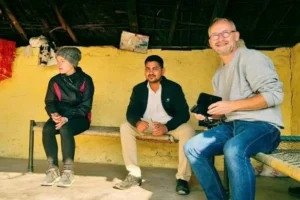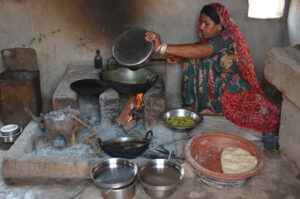Table of Contents
ToggleIntroduction
The Bishnoi community, a unique sect of Hinduism, has been hailed as the guardians of the Thar Desert (Wildlife Conservation Efforts in Bishnoi Villages). Their deep-rooted reverence for nature and wildlife has led to remarkable conservation efforts, making their villages havens for diverse species. As a safari traveler, exploring these villages offers an unparalleled opportunity to witness firsthand the harmonious coexistence of humans and wildlife.
The Bishnoi Philosophy: A Harmonious Coexistence with Nature
The Bishnoi philosophy, rooted in the teachings of Guru Jambeshwar, emphasizes the sanctity of all living beings and the environment. Their 29 principles, known as ‘bish-noi’ (twenty-nine), guide their lives, fostering a deep connection with nature. Key principles include:

- Protection of Trees: Bishnois consider trees sacred and have sacrificed their lives to protect them from felling.
- Preservation of Wildlife: They actively protect wildlife, including blackbuck, chinkara, and peafowl.
- Vegetarianism: Bishnois are strict vegetarians, respecting all forms of life.
- Simple Living: They lead a simple lifestyle, minimizing their ecological footprint.
Bishnoi Villages: Wildlife Sanctuaries in the Thar Desert
Bishnoi villages are scattered across the Thar Desert, offering a unique blend of cultural heritage and natural beauty. Some of the most prominent Bishnoi villages include:

- Khejrali: Renowned for the sacrifice of Amrita Devi Bishnoi and her 363 followers, who hugged trees to protect them from being felled.
- Pachpadra: Home to the famous Pachpadra Wildlife Sanctuary, teeming with blackbuck, chinkara, and other wildlife.
- Osian: A historical town with Bishnoi villages nearby, offering opportunities to explore ancient temples and witness the community’s conservation efforts.
Tips for Safari Travelers Exploring Bishnoi Villages

Respect Local Customs and Traditions:
- Dress modestly and respectfully.
- Seek permission before taking photographs, especially of individuals.
- Avoid loud noises and disruptive behavior.
- Be mindful of local customs and traditions.
1. Choose Responsible Tour Operators:
- Opt for tour operators who prioritize sustainable practices and ethical wildlife tourism.
- Ensure they have permits and licenses to operate in protected areas.
- Choose operators who support local communities and conservation efforts.
2. Minimize Your Ecological Footprint:
- Reduce plastic usage and dispose of waste responsibly.
- Avoid littering and maintain cleanliness in the villages and surrounding areas.
- Use eco-friendly products and minimize water consumption.
3, Participate in Community-Based Conservation Initiatives:
- Support local conservation projects and initiatives.
- Volunteer your time to help with wildlife conservation efforts.
- Purchase locally sourced products to support the community’s livelihood.
4. Observe Wildlife Ethically:
- Maintain a safe distance from wildlife and avoid disturbing their natural behavior.
- Use binoculars or spotting scopes to observe wildlife without disturbing them.
- Refrain from using flash photography, as it can startle and stress animals.
5. Educate Yourself and Others:
- Learn about the Bishnoi community’s conservation efforts and the challenges they face.
- Share your experiences and knowledge with others to raise awareness.
- Encourage responsible tourism practices and support conservation initiatives.
Conclusion
By following these tips and embracing the Bishnoi philosophy of harmonious coexistence, safari travelers can make a positive impact on the conservation efforts of these remarkable communities. Exploring Bishnoi villages offers a unique opportunity to witness the power of human connection with nature and inspire future generations to become guardians of our planet.
FAQs
When is the best time to visit Bishnoi villages?
The best time to visit Bishnoi villages is during the winter months (October to February) when the weather is pleasant and wildlife is more active.
Are there any specific guidelines for wildlife photography in Bishnoi villages?
While photography is allowed, it's important to follow guidelines like maintaining a safe distance, avoiding flash photography, and not using drones without permission.
Can I volunteer with the Bishnoi community for wildlife conservation?
Some organizations offer volunteer opportunities to work with the Bishnoi community on wildlife conservation projects. Research and connect with relevant organizations to explore such possibilities.
What are some local delicacies to try in Bishnoi villages?
Bishnoi cuisine is predominantly vegetarian and uses locally sourced ingredients. You can try dishes like bajra roti, ker sangri, and local sweets made from milk and jaggery.
How can I contribute to the conservation efforts of the Bishnoi community?
You can contribute by supporting responsible tourism, donating to conservation organizations, purchasing eco-friendly products, and spreading awareness about their conservation efforts.






